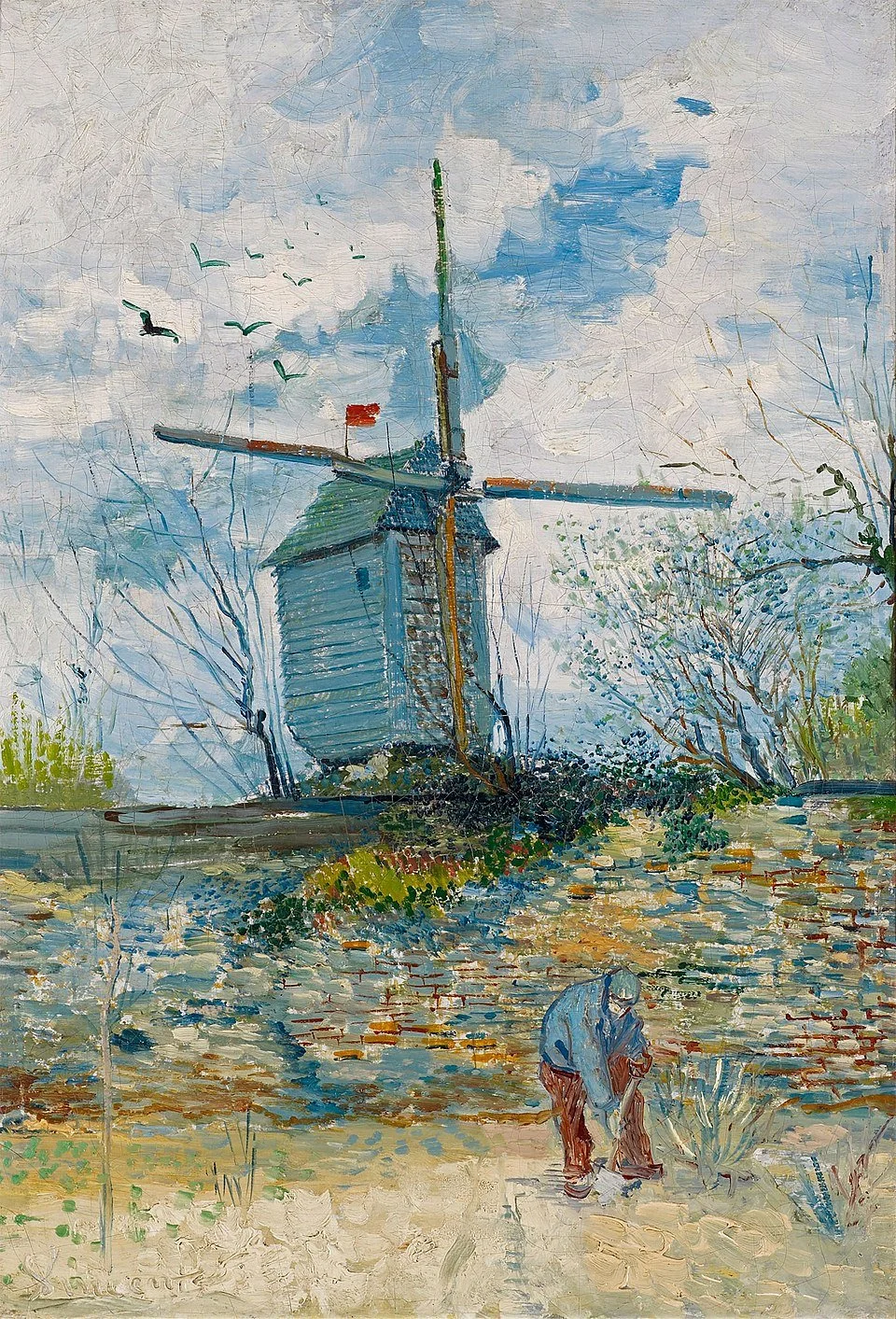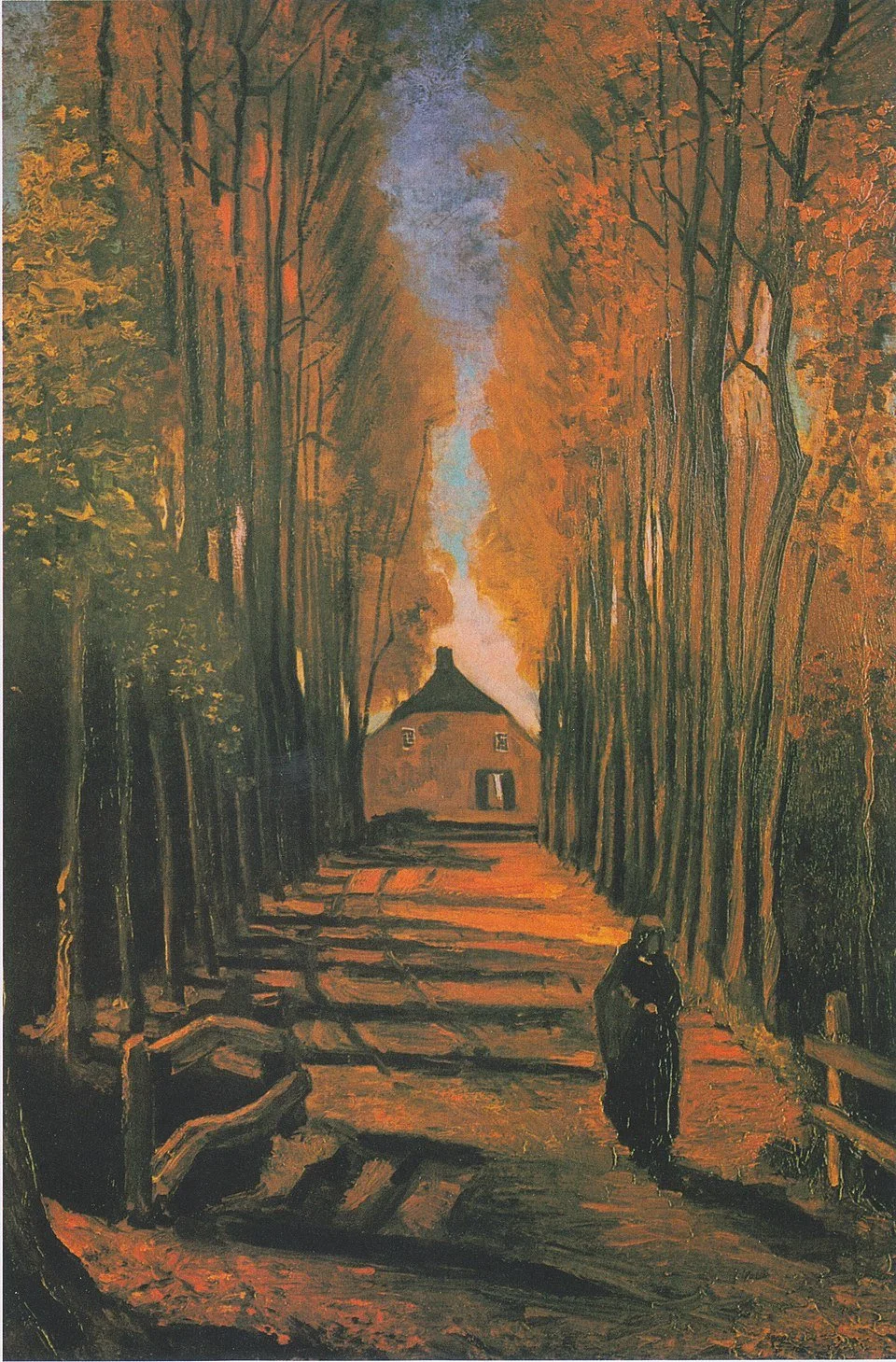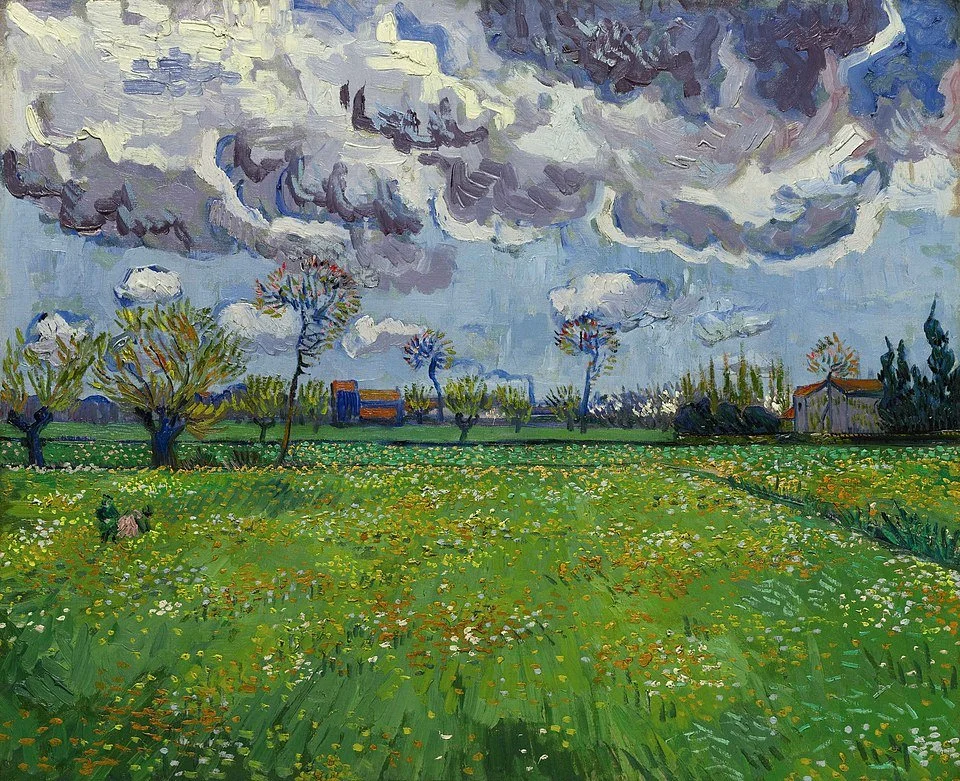3 reasons why time passes so quickly and how to slow it down
Lately, it feels like time is moving even faster than usual. The days fly by and soon enough we’re in another month. I recently took a weekend trip to Bath (a city about an hour and a half by train outside of London), and despite having the same amount of time as a typical weekend, it felt much longer. It seems like time moves faster as we age for several reasons.
1. Our perception of time changes
As a child, one year represents a larger percentage of your life than it does as an adult (it’s 10% of a 10-year-old’s life versus 3% of a 30-year-old’s life). This means that the value of a year diminishes as we age and we tend to take time for granted, letting the days, weeks, and months pass us by without really noticing them.
This shift in perspective, where time begins to feel faster and more fragmented, isn’t just mathematical; it’s emotional, too. As we grow older, we develop an awareness of time’s movement and our place within it.
“She has the sense of emerging from adolescence because of it, of becoming mature, adult, which for her means becoming a person who is acquainted with time, who has left a fragment of life behind her and can turn to look back at it.” — Milan Kundera, Ignorance
To combat this, reflect on how you spend your time and how you want to spend it going forward. Fill your free time with meaningful pursuits, rather than mindlessly scrolling on social media or watching TV. A minor suggestion that works for me is writing down (by hand) the date every day. It feels more intentional than typing and is like an act of reflection—getting out of autopilot and commemorating the day.
2. As we age, we have fewer unique experiences coded in our memories
In school, we had steady streams of essays, projects, and exams, which meant we were constantly learning new information. New information leaves a lasting impression on our memories and takes longer to process because our brains develop new pathways and neural connections in response, making it seem like an experience lasted longer than it did.
We also had many experiences for the first time (mostly centered around our school environments), like failing a test, losing a friendship, driving a car, getting a job for the first time, and losing a loved one. The wide array of events delineated the stages of your life and prevented the years from blurring into each other, so when you look back, your timeline is varied.
However, as we settle into our routines as adults, we tend to have fewer new experiences (and except for the rare promotion or role change, they aren’t created by our work environments). This means that when we look back on our lives, there’s less to remember.
Unless you actively do something to the contrary, your life’s focus shifts from milestones to the everyday.
Instead, make a conscious effort to learn and do new things. In Héctor García and Francesc Miralles’ book Ikigai: The Japanese Secret to a Long and Happy Life, the authors study common traits among centenarians (people who live to 100 years or longer).
The centenarians they studied all consistently engage in mentally stimulating activities, like reading, playing games, and learning new skills. The authors stress the importance of continually learning and exercising the brain early on to promote longevity:
“Our neurons start to age while we are still in our twenties. This process is slowed, however, by intellectual activity, curiosity, and a desire to learn. Dealing with new situations, learning something new every day, playing games, and interacting with other people seem to be essential antiaging strategies for the mind.”
Learning is correlated with increased lifespans, which isn’t a way to slow down time but to gain it! When you find yourself slipping into routine too often, plan activities and add them to your calendar to create anticipation.
Also consider setting goals like running a race, writing a short story, losing weight, or picking up a hobby—goals give you something to work towards and punctuate life.
3. Our brains are wired to remember unique experiences, not routines.
Your brain conflates similar memories—so if you have a routine of making coffee every morning, your brain will group these experiences into a single memory (unless it had a reason to remember an instance, like if you spilled your coffee and burned yourself).
As we age, we tend to have fewer new experiences, so when we look back, our brain groups these similar experiences into a single memory. In this way, it can seem like time is passing more quickly than it actually is.
García and Miralles quote an Israeli neuroscientist Shlomo Breznitz in their book to explain why routines and habits involve less thinking and thus memory:
“There is a tension between what is good for someone and what they want to do. This is because people, especially older people, like to do things as they’ve always done them. The problem is that when the brain develops ingrained habits, it doesn’t need to think anymore. Things get done quickly and efficiently on automatic pilot, often in a very advantageous way. This creates a tendency to stick to routines, and the only way of breaking these is to confront the brain with new information”
Though they’re important and have their place in our lives, routines aren’t memorable and make it seem life goes by more quickly. To break out of your routine, do or learn something new at least once a week. Here are some suggestions:
Take a different route when walking or driving home.
Go to a new museum or exhibit and learn three new things.
Take a new exercise, art, or cooking class, or pick up a sport.
See a comedy show, musical, or movie in theaters.
Try a new restaurant or get different ingredients at the grocery store and make a new dish.
Time seems to move more quickly as we age for a variety of reasons, but there are steps we can take to slow it down. By being mindful of how we spend our time, seeking out new experiences, and breaking out of our routines, we can lead more enriching lives and make the most of the time we have.
If you liked this post, check out these:
Time: why it’s important not to squander and how to spend it
The interconnectedness of the world and time (Siddhartha Part II)





